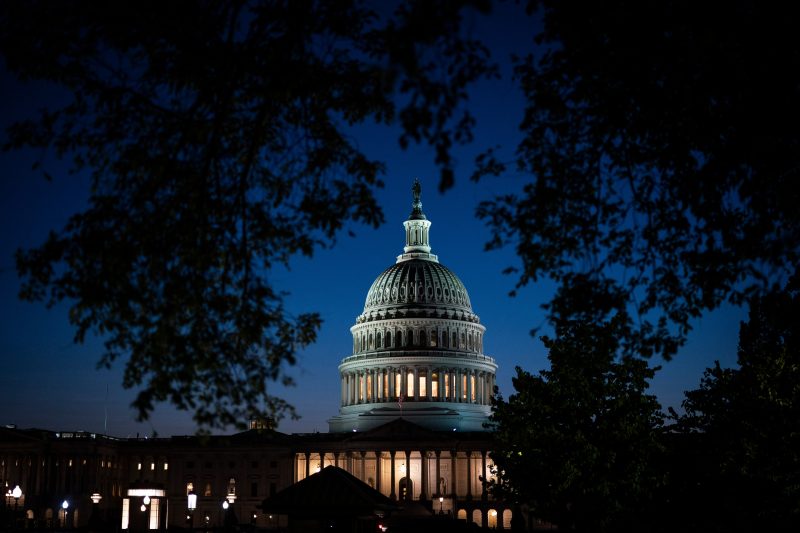In a recent development in the realm of politics, the United States Senate has set its sights on combating the misuse of artificial intelligence (AI) and deepfakes within election campaigns. This move comes in the wake of growing concerns about the potential threats posed by AI-generated fake content on the integrity of electoral processes.
Deepfakes, a form of manipulated media that uses AI to superimpose someone’s likeness onto another person’s body, have become increasingly sophisticated in recent years. The technology has the ability to create highly realistic videos, audio recordings, and images that are nearly indistinguishable from authentic ones. This poses a significant challenge in the context of election campaigns, where misinformation and disinformation can sway public opinion and undermine the democratic process.
The Senate’s decision to pursue action against AI deepfakes in election campaigns underscores the gravity of the issue and the urgent need for regulatory measures. The aim is to prevent the spread of fake content that could potentially deceive voters and influence election outcomes. By addressing this threat proactively, lawmakers seek to safeguard the integrity of the electoral system and ensure fair and transparent elections.
One of the key concerns surrounding AI deepfakes in election campaigns is the potential to manipulate public perception of political candidates and parties. With the ability to create convincing fake videos and audio recordings, bad actors could distort reality and propagate false narratives to mislead voters. This not only undermines the credibility of the electoral process but also erodes trust in democratic institutions.
Moreover, the unchecked proliferation of AI deepfakes poses a broader challenge to society at large. Beyond election campaigns, the technology can be used to create fake news, impersonate individuals, and spread disinformation on a massive scale. In an era where misinformation is rampant online, the rise of AI deepfakes adds a new layer of complexity to the fight against fake content.
In response to these challenges, the Senate is taking proactive steps to address the threat posed by AI deepfakes in election campaigns. By exploring regulatory options, enhancing cybersecurity measures, and promoting media literacy, lawmakers aim to combat the spread of fake content and protect the integrity of the electoral process. Through collaborative efforts with tech companies, researchers, and civil society groups, policymakers seek to develop effective strategies to counter the misuse of AI in influencing public opinion.
As the landscape of digital disinformation continues to evolve, the need for robust safeguards against AI deepfakes has never been more pressing. By staying one step ahead of malicious actors and innovating new approaches to combat misinformation, policymakers can uphold the principles of democracy and ensure that elections are conducted fairly and securely. The Senate’s commitment to addressing the challenges posed by AI deepfakes in election campaigns is a crucial step towards safeguarding the foundations of democratic governance in the digital age.
